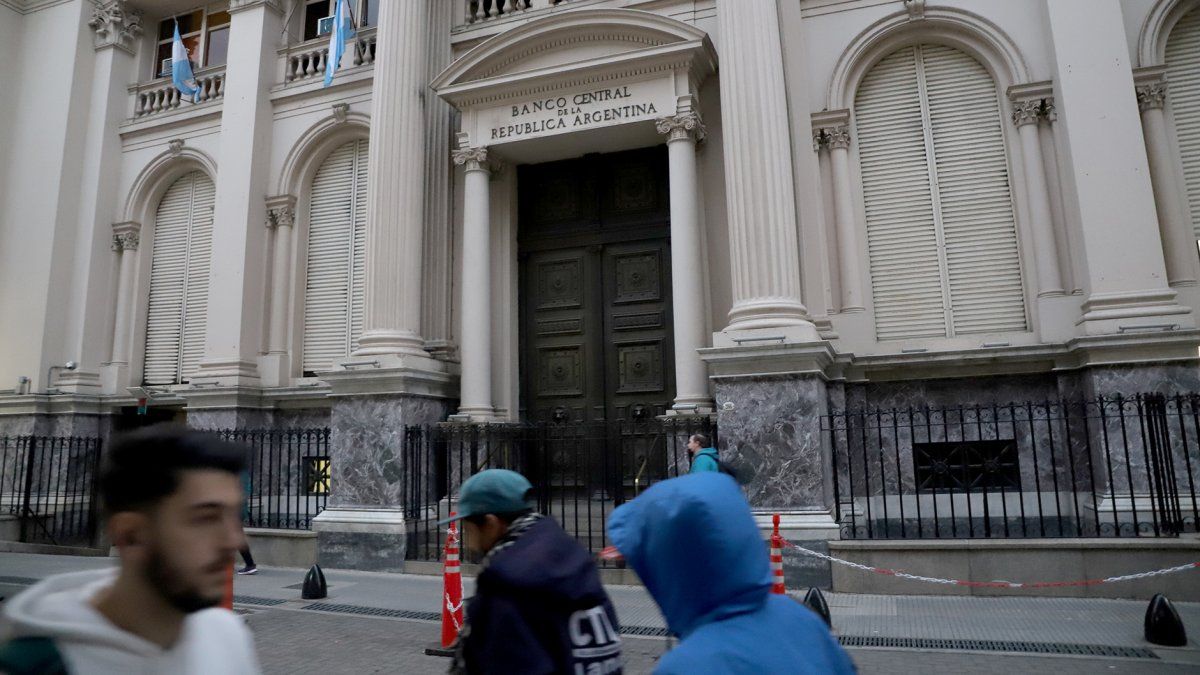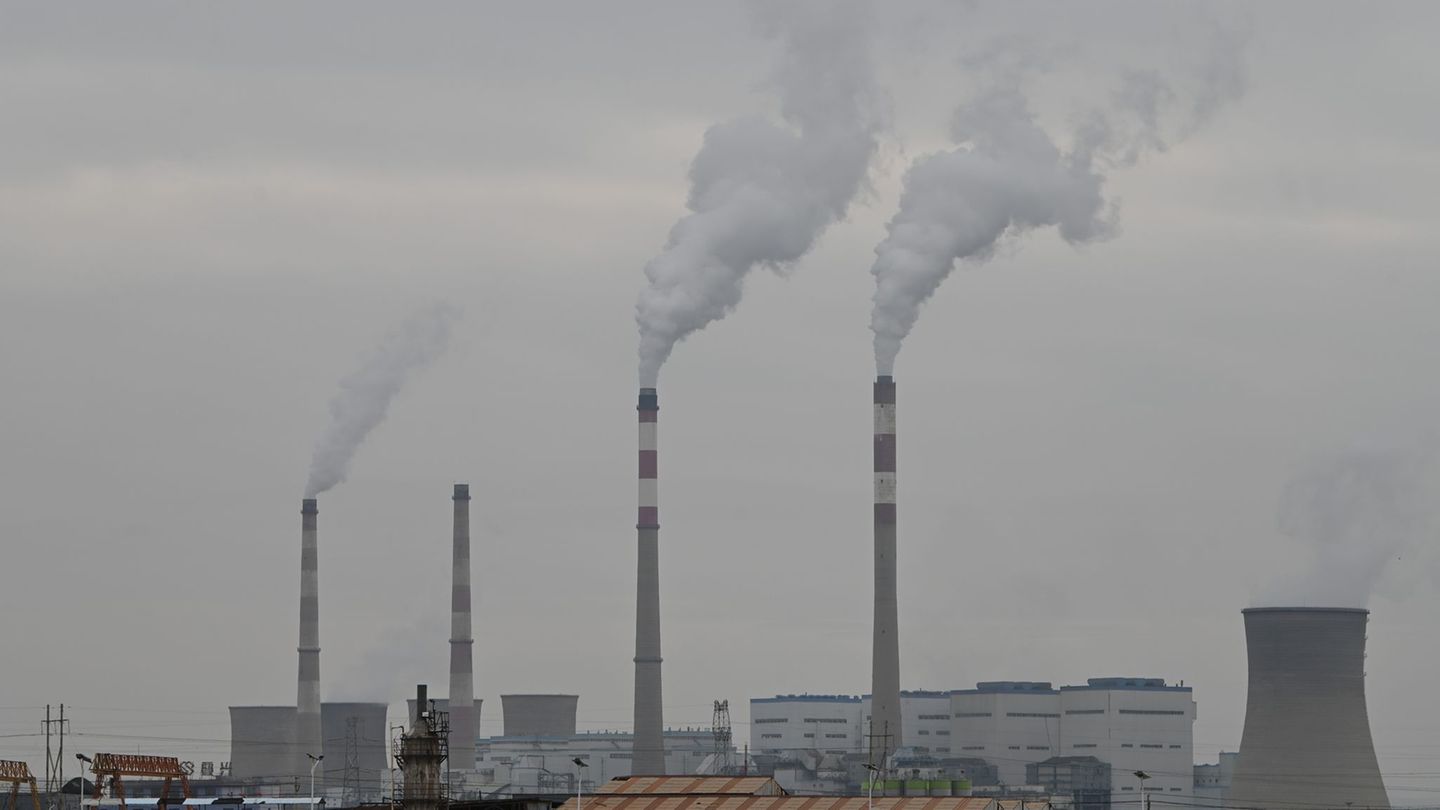For now, two BCRA sources revealed this Friday to Reuters that the rate would not be raised and will remain at 75% per year at the prospect of a inflation slowdown and that no consensus was reached on the rise.
The entity had considered a new hike after successive increases in the previous nine months this year to counteract the inflation that is expected at the end of 2022 slightly above 100%, where the expectation is focused, according to the Central Bank.
Directors were unable to reach unanimous agreement on a decision on a further rate hike, a source said according to Reuters. This means the rate would likely remain unchanged in October.he added on condition of anonymity, as the discussions were private.
“There was no unanimity to increase the rate because it is certain that inflation will go down in the coming months”added the source. At least two of the six directors opposed a new increase.
The entity’s expectation is that inflation will slow down in the remainder of the year and will tend to 6% monthly. The sources added that they have the concern that, if we continue with the rate hike, the quasi-fiscal deficit is fed through the letters ‘Leliq’ and makes the reduced level of existing credit even more expensive.
The data, which will meet this afternoon, is expected to be above 6%. Currently the reference rate stands at 75% annual nominalequivalent to 107% effective annual, before a projected inflation of 100.3%, according to the latest survey of expectations among analysts.
In a recent monetary policy report, the BCRA said it will continue “adjusting interest rates to keep them in positive territory in real terms (…) monitoring the macroeconomic situation and calibrating reference interest rates.” Wanted “tend towards a path of returns that allows safeguarding the value of investments made in instruments denominated in domestic currency and consolidating exchange and financial stability.”
The objective, which has the support of the International Monetary Fund (IMF), remains the same: encourage savings in the local currency, sterilize the pesos injected into the economy and bring the rate closer to the rate of depreciation of the official exchange rate. It would be the tenth increase so far this year.
One reason why the market considers that the decision is pertinent is the monthly yield of the fixed term that is still behind inflation. The expectation provided by the REM, of a CPI above 100% in December, would once again leave income in pesos negative. In any case, the effective annual rate (TEA), which is the one applied if the placement is renewed every 30 days, is around 107.5%, in line with what analysts have indicated.
For his part, a market operator commented to Ambit that in recent weeks expectations that the BCRA will raise rates again have decreased, after the September inflation data for the City of Buenos Aires was released this Wednesday, which showed a marked slowdown and pierced 6% (marked 5 .6%). “It seems to me that they are not going to raise the rate if the national CPI registers a similar figure”he pointed.
Source: Ambito
David William is a talented author who has made a name for himself in the world of writing. He is a professional author who writes on a wide range of topics, from general interest to opinion news. David is currently working as a writer at 24 hours worlds where he brings his unique perspective and in-depth research to his articles, making them both informative and engaging.




